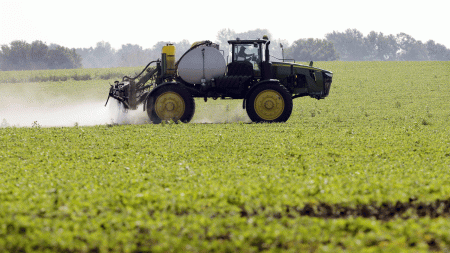Hannah Gutierrez-Reed, the armorer on the set of the movie “Rust,” was sentenced to 18 months in prison for involuntary manslaughter in the deadly shooting of cinematographer Halyna Hutchins by actor Alec Baldwin. Gutierrez-Reed received the maximum penalty, despite her defense team’s request for probation. In her statement to the court, Gutierrez-Reed expressed regret and asked for leniency, emphasizing that she is not a monster but a human who made a mistake.
The sentencing hearing was emotionally charged, with Gutierrez-Reed showing signs of distress as friends of the victim, as well as the writer and director of “Rust,” shared the impact of Hutchins’ death. The prosecution highlighted Gutierrez-Reed’s lack of contrition, while her attorney stated that she had shown remorse and experienced mental breakdowns since the incident. The tragic loss of Hutchins was mourned by those who knew her, with expressions of grief for her family and reflections on her talent and potential in the film industry.
The circumstances surrounding the shooting were called a preventable incident by advocates for industry safety. An industry-wide reminder was sought to hold Gutierrez-Reed and “Rust” leadership accountable for the tragedy. The failure to ensure proper safety protocols and the presence of live ammunition on set were cited as contributing factors to the fatal shooting. Hutchins’ mother and father also shared their profound grief at the loss of their daughter, expressing that time does not ease the pain of losing a child.
During the trial, Gutierrez-Reed’s defense argued that the film’s management should be held responsible for the shooting, pointing out lapses in safety measures that were beyond her control. The trial focused on the origin of live bullets found on set and the events leading up to the shooting. Despite claims of proper safety checks by Gutierrez-Reed, live ammunition ended up in the gun that Baldwin used during the rehearsal, resulting in the tragic death of Hutchins. The ongoing legal proceedings involve additional charges related to Gutierrez-Reed’s conduct and substance use on set.
The court case surrounding the “Rust” shooting has raised questions about industry standards for handling weapons on film sets. The use of live ammunition was deemed unnecessary for the scene being rehearsed, and the responsibility for managing weapons fell on Gutierrez-Reed. Conflicting testimonies have emerged regarding how live ammunition ended up in the gun, with both Gutierrez-Reed and the first assistant director, David Halls, facing legal consequences for their roles in the tragedy. The fallout from the incident has led to legal actions against multiple parties involved in the production of the movie, including actor Alec Baldwin.
















